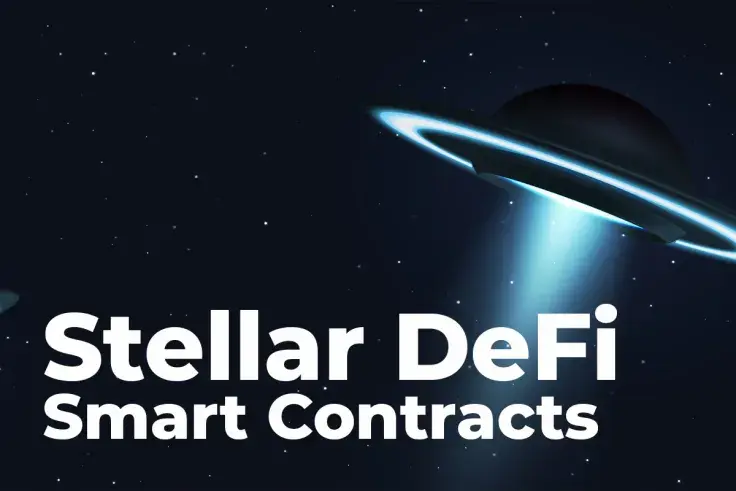Stellar (XLM) engineers proposed entirely new method of smart contracts execution. It is based on Turing Signing Servers (TSS) and empowers decentralized finances on Stellar with advanced performance.
Bringing TSS to Stellar: What is Venus?
According to a detailed blog post by Script3 devs, Stellar Network (XLM) is going to completely onboard a new type of smart contract. The proposed design utilizes Turing Signing Servers, or turrets.
New on the Community Blog: Our friends at @script3official wrote about Project Venus, which is exploring short-term forward contract capabilities on the Stellar network. https://t.co/5ujGtYIpWO?from=article-links
— Stellar (@StellarOrg) July 20, 2021
Developers can upload smart contracts to a turret; this turret will then be able to create a keypair valid for signing transactions with this smart contract.
Then, the transaction is signed by other turrets in order for the blockchain to deem it valid. Finally, users can run smart contracts across all turrets until the transaction is sufficiently signed.
Project Venus is focused on building a secure and reliable network of servers and on implementing short-term forward contract capabilities to Stellar Network (XLM).
Why is this better than Ethereum (ETH)?
This design significantly reduces transactional pressure on the network as part of data processed off-chain. Running smart contracts on turrets is much more resource-efficient than on Ethereum (ETH).
On Ethereum (ETH) and all EVM-compatible blockchains, smart contracts are executed via the entire on-chain virtual machine. The method of operations proposed by Venus, therefore, allows for the advanced scaling of Stellar (XLM) mechanisms.
According to the engineers, the implementation of a TSS-based model might have an impressive disruptive effect on blockchain operations on Stellar (XLM):
DeFi and TSS can completely transform the Stellar ecosystem.


 Dan Burgin
Dan Burgin Vladislav Sopov
Vladislav Sopov